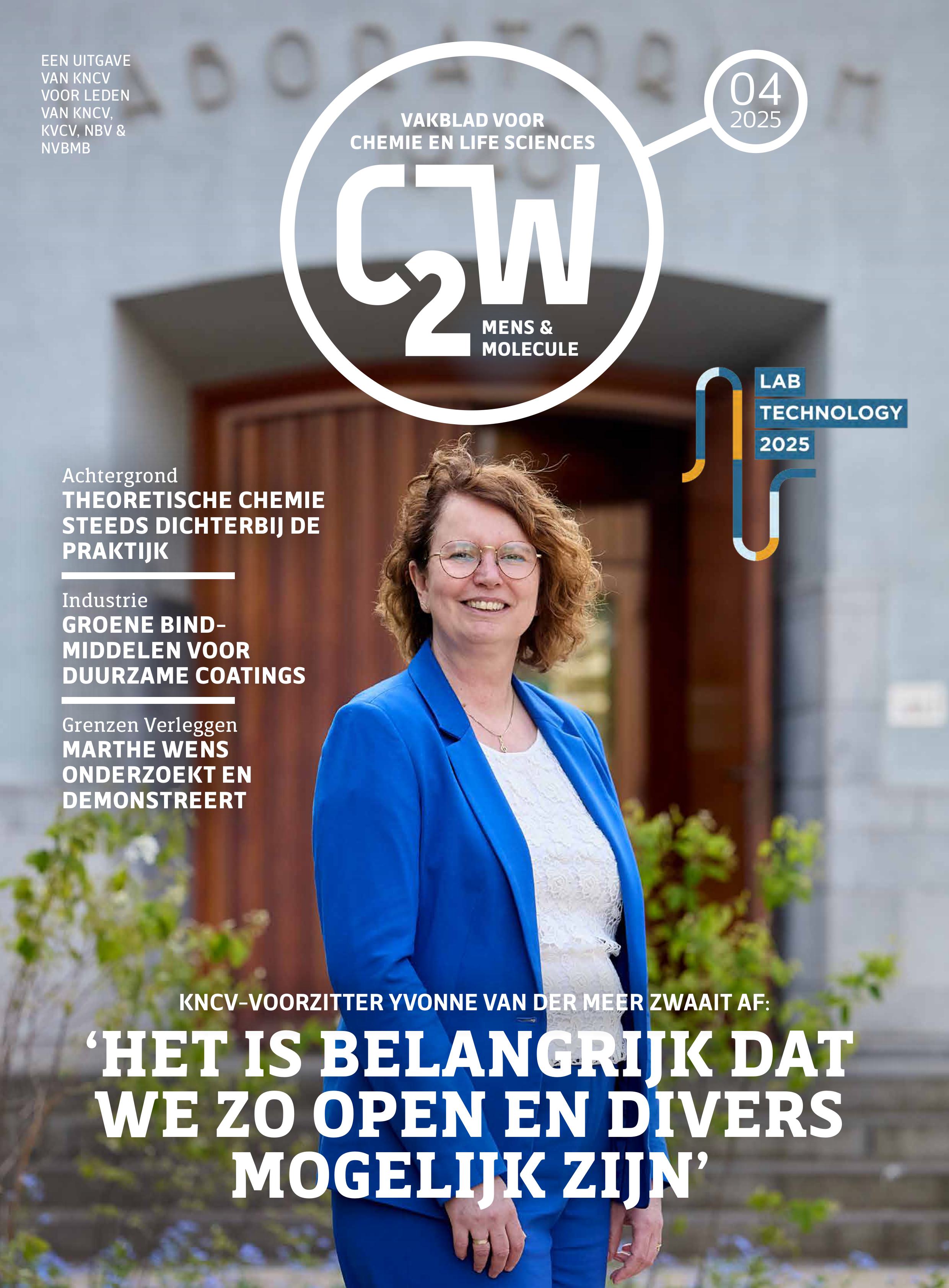Would you like to add an event to this list? Simply register your event using this form.
Hydrolysis of biologically relevant model systems by metal-substituted polyoxometalate complexes

3001 Leuven, België
Promovendus/a: Thi Kim Nga Luong
Promotor(en): Prof. dr. Tatjana Vogt, Prof. dr. Pavletta Shestakova
Phosphate esters play a number of important roles in biological systems such as in information storage systems (DNA/RNA), cellular signaling (cAMP) and energy transduction (ATP). The phospho(di)ester bonds in nucleic acids are extremely resistant towards hydrolysis, mainly due to the repulsion between the negatively charged backbone and potential nucleophiles. At room temperature and in the absence of a catalyst, the half-life for phosphodiester bond hydrolysis has been estimated to be 130 000 years for DNA at neutral pH, and 4 years for RNA at pH 6.0. This stability makes them excellent systems for information storage. Efficient cleavage - an often required procedure in biochemistry - is challenging due to the extreme stability of the phospho(di)ester bonds in phosphate esters. This is needed in order to understand their structures, functions and behavior, and for this purpose efficient cleaving agents are needed.
In nature, phosphomono-, -di-, and -triester bonds are often hydrolyzed by the cooperative action of two or more adjacent metal ions including MgII, ZnII, MnII, and/or FeIII. Nuclease enzymes still play a critical role in various biotechnology applications, as efficient artificial nucleases are still inferior to natural nucleases in terms of performance. There are however several advantages of using artificial nucleases. For example, artificial nucleases can be synthesized in large amounts and often low costs. Another benefit is that artificial nucleases are often used to elucidate the precise role of active metal ions in natural nucleases. It has been proposed that the metal ions accelerate the hydrolysis process by activation of the phosphodiester bond, activation and/or delivery of the nucleophile, and by stabilization of the transition state and the leaving group. Over the years, artificial organic monometallic and bimetallic model compounds mimicking bimetallic phosphatases and nucleases have been synthesized to unravel the mechanism of enzymatic action and to develop artificial catalysts for phosphoester bond hydrolysis for biochemical and industrial applications. However, obtaining the selectivity and reactivity under mild hydrolytic reaction conditions still remains a big challenge.
In this research we studied the potential of metal-substituted polyoxometalates (POMs) as artificial phosphoesterases, and examined their reactivity towards the hydrolysis of biological relevant systems including the hydrolysis of phospho(di)ester bonds in DNA/RNA model substrates, phosphoanhydride bonds in adenosine triphosphates and phospho(di)ester bonds in DNA. POMs, which are a large class of inorganic oxoclusters containing early transition metals in their highest oxidation state, were chosen because they can act as ligands for various Lewis-acidic metal ions, which are known to be able to activate phosphoester bond hydrolysis. In addition, there are many reports highlighting the biological activity of POMs, however the molecular basis for this activity is poorly understood, and in particular their reactivity towards biologically relevant molecules and their model systems has been largely unexplored.
In this PhD thesis we first explored the aqueous speciation distribution of several metal-substituted POMs to understand their speciation and the stability in solution under different conditions (pH, temperature, POM concentration, ionic strength). For this purpose NMR spectroscopy was used as main analytical method. Subsequently, the kinetic and thermodynamic conditions of phospho(di)ester bonds hydrolysis in different substrates were studied in detail. Finally, the mechanism of each hydrolysis reaction was proposed based on NMR spectroscopy, kinetic data and density functional theory calculations.
All Dates
- 2016-06-15 16:00
Powered by iCagenda

